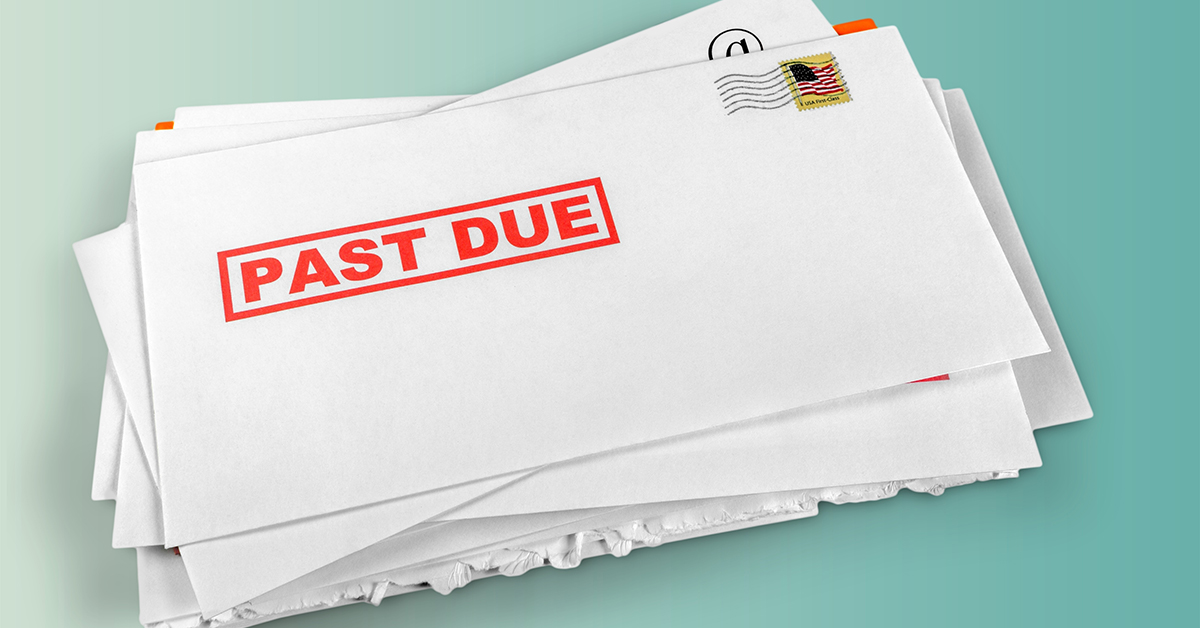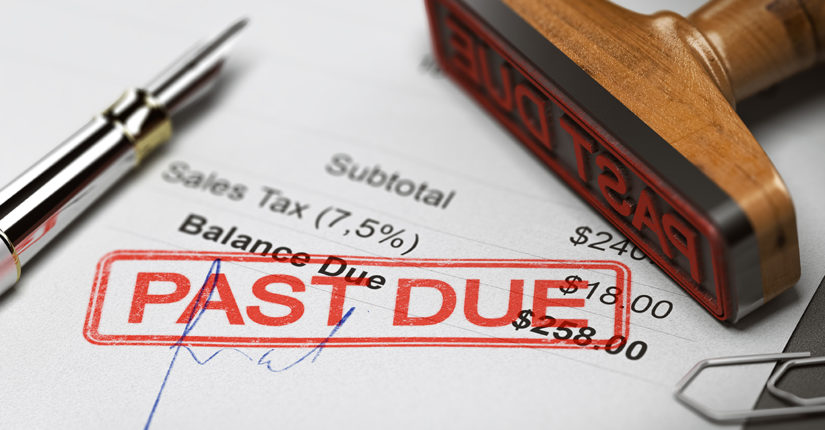
Perhaps the worst thing about having your car repossessed is that even after your vehicle is gone, the lender may not be done with you.
In some cases, lenders hire collectors or file lawsuits against borrowers to recoup what they’re owed. In this blog post, we’ll look at steps lenders may take after repossessing a car.
Continue reading The Lender Sold My Repossessed Car. Why am I being sued? →



 Flitter Milz is a nationally recognized consumer protection law firm that represents victims of abusive debt collection tactics, credit reporting privacy and accuracy issues and wrongful vehicle repossessions.
Flitter Milz is a nationally recognized consumer protection law firm that represents victims of abusive debt collection tactics, credit reporting privacy and accuracy issues and wrongful vehicle repossessions. 






